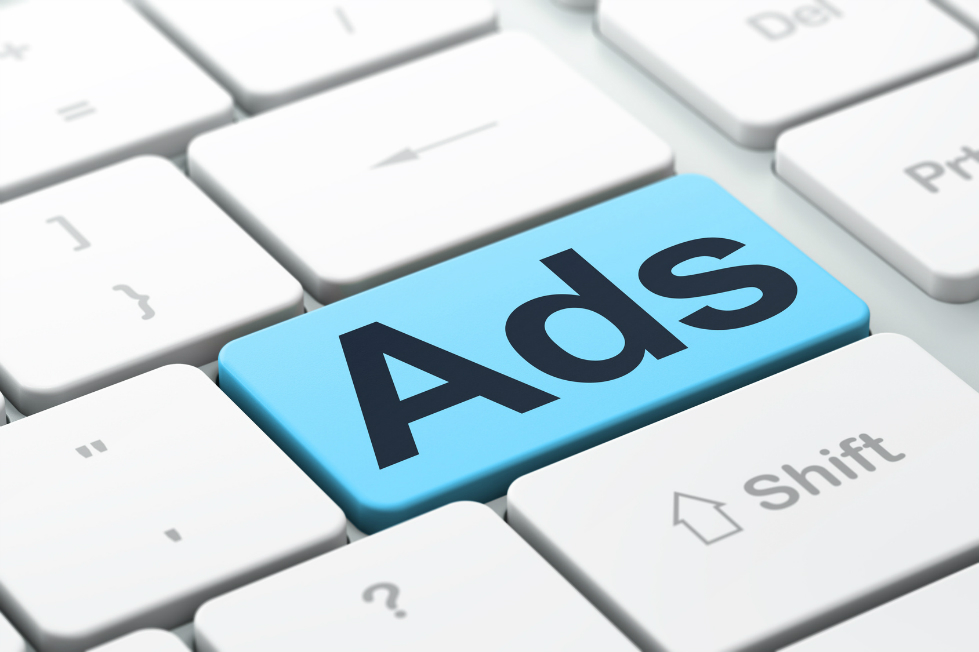
CPC Advertising Program will require you to enter your credit card details. If you have an existing credit card, you'll need to delete it. Be aware that the original transactionID is only valid to refer transactions within the previous 12 months.
Cost-per-click (CPC)
CPC advertising is different from CPM. The CPC focuses on clicks, while the CPM focuses upon impressions. As such, CPC is better for brands and businesses seeking to build brand awareness and reach new customers immediately. Once the ROI and cost-per-click are calculated, both types of advertising can be used easily.
Monitor your budget when using PPC. The cost per click is very significant, and if you spend more than you should, you'll end up losing money. Setting a maximum price and then adjusting it to your sales numbers over time can help control the cost. You may lose your ads if you don't make this adjustment within a set amount of clicks.

Cost-per-thousand (eCPM)
Cost-per thousand (eCPM), a measure of the cost-effectiveness and effectiveness of an advertisement campaign, is used. It is the price that an advertiser will pay to display a particular advertisement for each 1,000 impressions. CPM rates in online advertising are usually determined by the time a user spends on a website rather than their geographic location.
The effective cost-per thousand, also known as eCPM or effective cost per thousand, is a measure that considers the various pricing methods used by CPC advertisers. It allows advertisers to compare effectiveness of different advertising channels, and forecast their spending. Moreover, eCPM can also help advertisers determine which ads will produce the highest results for the least cost.
Keyword relevance
Cost Per Click advertising (CPC), can be highly effective if the keywords are chosen carefully. It is possible to track the cost of each ad and determine how high the conversion rate. CPC is a tool that can help you determine if your ROI is high or low.
Relevance is one of the most important factors when it comes to CPC advertising, and it can have a profound effect on how well your ads perform. A higher Relevance Score means that your ads will be seen by more people, and it will cost less to reach your target audiences. It is important to be as relevant and pertinent as possible. In addition, you must also be sure that the content of your ad is appropriate for your target audience.

Bidding options
There are many bidding options when creating an advertisement campaign. One of the most common methods is the Cost Per Mille (CPM) bidding model. This model places more emphasis on cost than clicks. The highest bidder wins the top spot. This method can result in a low CTR or even zero clicks.
Google Ads' most used bidding strategy is manual CPC. This allows an advertiser to determine the amount they pay per click. This can be done at either the keyword or ad groups level. Manual CPC bidding is a good option for those who are new to Google Ads or have limited data to work with.
FAQ
What is affiliate market?
Affiliate marketing is an online business model where you earn commissions by referring customers to products and services sold on other websites. The product owner pays you for each person who buys from you.
Affiliate marketing is built on referrals. You don't have to do anything special for people to buy from you. All they have to do is to refer them the website.
You don't have to sell anything. It's easy to sell just as much as it is to purchase.
An affiliate account can be created in minutes.
Referring as many people as possible will increase your commission.
There are two types:
-
Affiliates who have their own websites
-
Affiliates working for companies offering products or services.
What is the best way to learn about television advertising?
Television advertising has the potential to reach large audiences at once. It was also quite expensive. It can still be very powerful if used correctly.
Although there are many types of TV ads available, they all share certain characteristics. It is important to make sure that your TV ad fits into the appropriate category. Don't confuse a lifestyle ad with a product advertisement if you are running a commercial. Your message should be consistent across the entire campaign.
The second thing to remember is that the best time to air your ads is during prime-time hours. This is because TV viewers often relax while in front of the screen. You want them relaxed enough that they can focus on you words.
Last but not least, just because you have a lot of money does not mean that you will get great results. The opposite may actually be true. A study conducted by the University of California found that commercials aired during popular shows were less likely to sell products than those aired during unpopular shows. Make sure you are doing it right if you're spending a lot on TV advertising.
What are the basics of internet advertising?
Internet advertising is an integral part of any business strategy. It helps companies reach potential customers at a low cost. There are many types of internet advertising. Some advertising is free and others are paid.
There are many ways to advertise online, including pop-up ads and banner ads. Each method has its pros and cons.
What is an advert buyer?
An advertiser buys advertising space on TV, radio, print media, etc.
Advertisers are charged for the time their message will appear.
They don't necessarily seek the best ad; they want to reach their target markets with the most effective ad.
The advertiser may have specific demographic information about their potential customers, such as age, gender, income level, marital status, occupation, hobbies, interests, etc.
These data can be used to help advertisers decide the most effective medium. An example is direct mail that appeals to older people.
Advertisers also consider the competition. Advertisers will look at the competition to see if similar businesses are nearby.
Advertisers must also take into account the size of their budget as well as the time it will take to spend the money before it expires.
How do I choose my target market?
Start with yourself and those close to you. If you don't know where to begin, ask yourself, "who am I trying to reach?"
These are some questions to ask yourself: Who is the most influential person in my industry? What are the problems they face daily? What are their top talents? Where are they located online?
Take a look back at how you started your company. Why did you start? What problem did you solve for yourself, and how did you do it?
These answers will help identify your ideal clients. These answers will help you understand your ideal clients and what motivates them to buy from you.
To get clues about who they cater to, you can also check out your competitors' social media pages and websites.
Once you have identified your target customers you will need to choose the channel to reach them. A website might be created to reach home buyers, for instance, if your business provides services to agents in real estate.
If your company provides software to small businesses, you might consider creating a blog for those owners.
A Facebook page could be created for clothing sellers. You could also set up a Twitter account if your restaurant is a business owner to help parents find kid-friendly restaurants.
You have many options to convey your message.
Why not advertise your business on social media?
Social Media Marketing (SMM) allows you to reach customers where they are - on social networks such as Facebook, Twitter, LinkedIn, YouTube, Google+, etc. You can also target certain groups on these networks with keywords.
This advertising strategy is cost-effective as it costs less than traditional methods to market online. This allows you to establish strong relationships with current and future clients.
It is simple to get started using social media for your business promotion. All you need is a computer or smartphone and access to the Internet.
What is an Ad Campaign?
A campaign is a series advertising messages that are designed to promote a product. This could also include the entire production of these ads.
The Latin word "to sell" gave rise to the term "ad". Marcus Terentius Varro (116–27 BC), was the first to make it a verb, meaning "to make sale".
Advertising campaigns are most often done by large agencies or businesses. There may be many media types involved, including print and television as well as radio, TV, and internet.
Advertising campaigns are typically long-lasting and have clear goals. One example is that some campaigns seek to create awareness while others are more focused on increasing sales.
Statistics
- Advertising spending as a share of GDP was about 2.9 percent. (en.wikipedia.org)
- Google will display whichever ad type (CPM or CPC) is expected to earn more revenue for the publisher, which is in Google's best interest since they take a 32% share of the revenue. (quicksprout.com)
- It's 100% reliant on your website traffic. (quicksprout.com)
- It collects money from the advertisers, keeps 32% for its role in facilitating the process, and the remaining 68% goes to the publisher (you). (quicksprout.com)
External Links
How To
How can I advertise on Google
AdWords allows companies to purchase ads based on specific keywords. First, you need to set up an account. The first step is to choose a campaign title, budget, ad type (text/image, video), and keywords. Then you bid on those keywords. Clicking on an advertisement will only result in you being paid if the click is from someone who searched one of your targeted keyword phrases. This allows you to get paid even if people don’t buy anything.
Google has many tools available to make sure your ads are effective. These include Ads Preferences Manager, Keyword Planner, Analytics, and Ads Preferences Manager. These enable you to determine what is most effective for your business.
The keyword planner will help you decide which keywords you should use in your campaigns. It will also show you the competition for keywords and help you decide if you should spend money bidding.
You can use Ads Preferences Manager to change settings like the maximum number of impressions per day and the minimum cost per click.
Analytics allows to track your ads' performance and compare it with other campaigns. You can also view reports that show how well your ads compared to others.